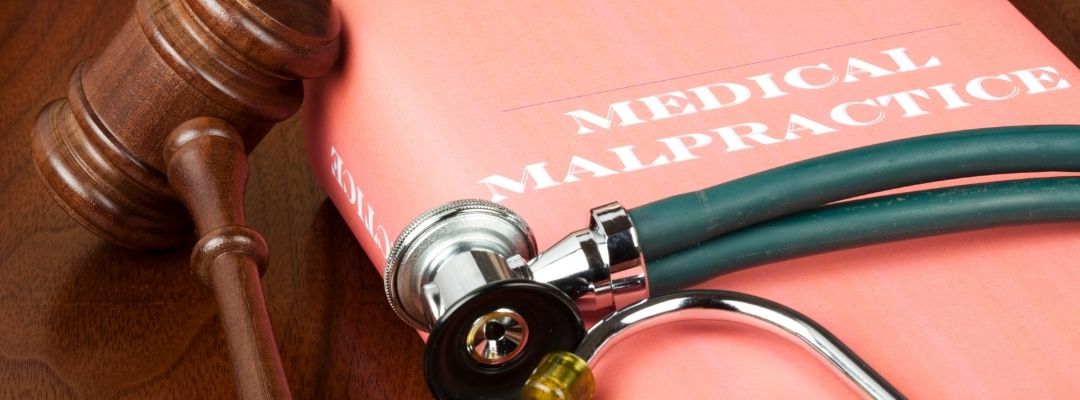
Does Renters Insurance Cover Personal Injury?
Renters insurance is one of those things that many people overlook until something bad happens. If you’re renting a home or apartment, you might already have renters insurance to cover your belongings. But what about injuries? What happens if someone gets hurt in your apartment, or if you get injured somewhere else? Will your renters insurance help? In this blog, we’ll explore whether renters insurance covers personal injury and what you should know to protect yourself.
Whether you’re dealing with an injury or want to be prepared, it’s always smart to understand your insurance. And if you’re ever in a situation where you or someone else is seriously hurt, speaking with a personal injury attorney can make all the difference.
What Is Renters Insurance?

Renters insurance is a type of insurance policy that protects people who rent a home, apartment, or condo. It’s designed to help cover the cost of damaged or stolen personal belongings, and in many cases, it also includes liability protection.
Main Types of Coverage:
- Personal Property Coverage – Pays for things like your furniture, electronics, clothes, or other belongings if they’re damaged or stolen.
- Liability Coverage – Protects you if someone gets hurt in your rental and decides to sue.
- Additional Living Expenses – Covers the cost of living elsewhere if your rental becomes uninhabitable due to fire, flood, or other covered damage.
So, where does personal injury come in? Let’s break it down.
Does Renters Insurance Cover Personal Injury?
The short answer: Yes, but only in specific situations. Renters insurance doesn’t cover all kinds of injuries, and it definitely won’t help with your own medical costs if you’re injured outside the home. Here’s what you need to know.
Liability and Personal Injury
Renters insurance typically includes liability coverage, which can help if someone else is injured on your property. For example:
- A friend slips and falls in your kitchen.
- Your dog bites a neighbor.
- Someone trips over a rug in your hallway.
In these cases, your renters insurance might cover their medical bills or legal costs if they sue. This is often where top-rated personal injury attorneys get involved – helping injured people get fair compensation.
But keep in mind: liability coverage is meant to protect others, not you. If you’re the one injured, your renters insurance likely won’t pay for your medical bills. For that, you’d need health insurance or possibly a separate accident policy.
Common Personal Injury Scenarios and How Renters Insurance Applies

Let’s look at a few examples to better understand when renters insurance helps—and when it doesn’t.
1. Someone Gets Hurt in Your Apartment
Say your guest slips in your bathroom and hits their head. They have to go to the emergency room and later file a claim against you. This is exactly the kind of thing renters insurance was made for. Your liability coverage can help pay for their medical bills and legal fees if they sue.
2. Your Dog Bites Someone
Dog bites are more common than you might think. If your pet bites someone, your policy may cover the injury. But be aware: some breeds are excluded, and not all policies include dog bite coverage. Check with your provider.
3. You Get Hurt in Your Own Apartment
Unfortunately, if you fall in your kitchen or burn yourself on the stove, renters insurance won’t cover your injuries. That’s what health insurance is for.
4. Someone Gets Hurt Outside Your Apartment, But You’re Liable
Let’s say you’re responsible for an accident outside your home—maybe you accidentally knock someone over on your bike, or your kid throws a baseball through a window and injures someone. Some renters policies have off-premises liability, which can help cover injuries you cause elsewhere. But again, it depends on your policy.
When Renters Insurance Doesn't Cover Personal Injury
There are several situations where renters insurance won’t help:
- Injuries to you or your family members in your own home.
- Injuries resulting from illegal activity.
- Intentional harm (if you purposely hurt someone).
- Injuries involving excluded pets or activities.
In cases where renters insurance isn’t enough, it may be time to speak with a personal injury lawyer in Baltimore or wherever you’re located.
What Is Personal Injury?

A personal injury refers to harm caused to a person’s body, mind, or emotions, rather than damage to property. These injuries can result from accidents, negligence, or intentional acts. Examples include:
- Slips and falls
- Dog bites
- Car accidents
- Defective products
- Medical malpractice
If you or someone you know has been hurt in an accident caused by another person, a personal injury attorney can help determine whether you can receive compensation.
How Can a Personal Injury Attorney Help?
If you’re injured and someone else is at fault—whether it’s your landlord, a neighbor, or a business—you may be able to file a personal injury claim. A personal injury attorney can help you:
- Understand your legal rights
- Gather evidence
- Deal with insurance companies
- File a lawsuit if necessary
Maryland has some of the best lawyers who specialize in personal injury cases. If you’re not sure whether you have a case, look for lawyers in Maryland with free consultations. Many attorneys will review your situation at no cost and help you decide what to do next.
What If You're Injured on Someone Else’s Rental Property?
If you visit a friend and get injured in their apartment, you might be able to file a claim against their renters insurance. The liability coverage in their policy may help pay for your medical bills and other costs.
But here’s where it gets tricky: insurance companies don’t always pay out easily. You might need help from one of the top-rated personal injury attorneys to fight for fair compensation.
Maryland Renters: Know Your Rights
If you’re renting in Maryland and get hurt in your rental due to unsafe conditions, your landlord may be responsible. For example, if you fall down broken stairs that your landlord never fixed, you might have a case against them. That’s when a personal injury lawyer in Baltimore can help you build a strong claim.
Maryland has specific laws around property owner responsibilities and negligence. If you’re unsure about your rights or if renters insurance will help, a free consultation with one of the best lawyers in Maryland can guide you.
How to Strengthen a Personal Injury Case

If you’ve been hurt and believe someone else is responsible, taking the right steps early on can make a big difference in your case. Whether it’s a slip-and-fall in a rental unit or an injury caused by negligence, here’s how you can protect yourself and build a stronger claim:
- Seek Medical Help: Your health should always be your top priority. Even if your injuries seem minor at first, it’s important to get checked by a doctor right away. Medical records serve as proof that you were hurt, and they also help connect your injuries to the incident. Delaying treatment could give insurance companies a reason to question the seriousness of your condition.
- Report the Incident – If the injury occurred in someone else’s apartment or on rental property, let them and the property manager or landlord know as soon as possible. Creating a record of the incident through an official report helps support your case and can be important later if the case involves liability insurance.
- Document Everything – Photos and notes can be powerful evidence. Take clear pictures of your injuries, the place where it happened, and any dangerous or unsafe conditions that led to the accident (like broken stairs, poor lighting, or wet floors). Write down what happened while it’s still fresh in your mind—what you were doing, what time it was, who was around, and how the injury occurred.
- Get Witness Info – If anyone saw what happened, ask for their name and contact details. Witness statements can support your version of events and help prove liability if the case goes to court. Don’t assume someone else will gather this information—it’s best to collect it yourself if you’re able.
- Talk to a Lawyer – Before you speak with insurance adjusters or accept any offers, talk to a personal injury attorney. Insurance companies may try to settle quickly or minimize your claim. A good lawyer will guide you through your options, explain your rights, and help you avoid mistakes that could hurt your case.
There are many lawyers in Maryland with free consultation options available. These attorneys will usually listen to your story, evaluate the strength of your case, and explain what steps to take next, all without asking for any upfront fees. This can be especially helpful if you’re unsure whether you even have a case, or if you’re worried about the cost of hiring legal help.
Final Thoughts
Renters insurance can be a great safety net, but it doesn’t cover everything. It usually helps if someone else is injured in your home and you’re at fault. However, if you’re the one who’s hurt—or if you’re dealing with a tricky injury claim—you may need more than just insurance. That’s where the top rated personal injury attorneys come in. Whether you’re looking for the best lawyers in Maryland or a personal injury lawyer in Baltimore, it’s important to find someone who can guide you through the legal process and fight for what you deserve. And remember—many lawyers in Maryland offer free consultation, so you have nothing to lose by asking for help.





















